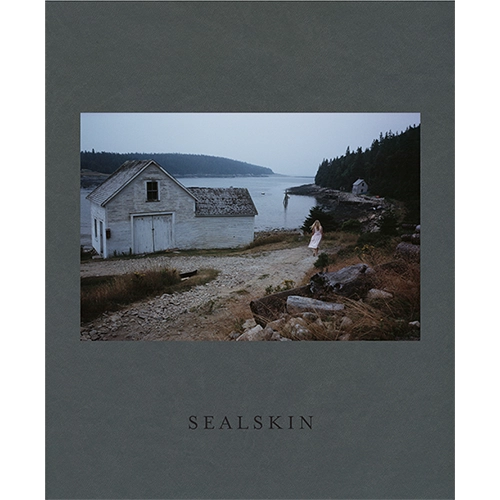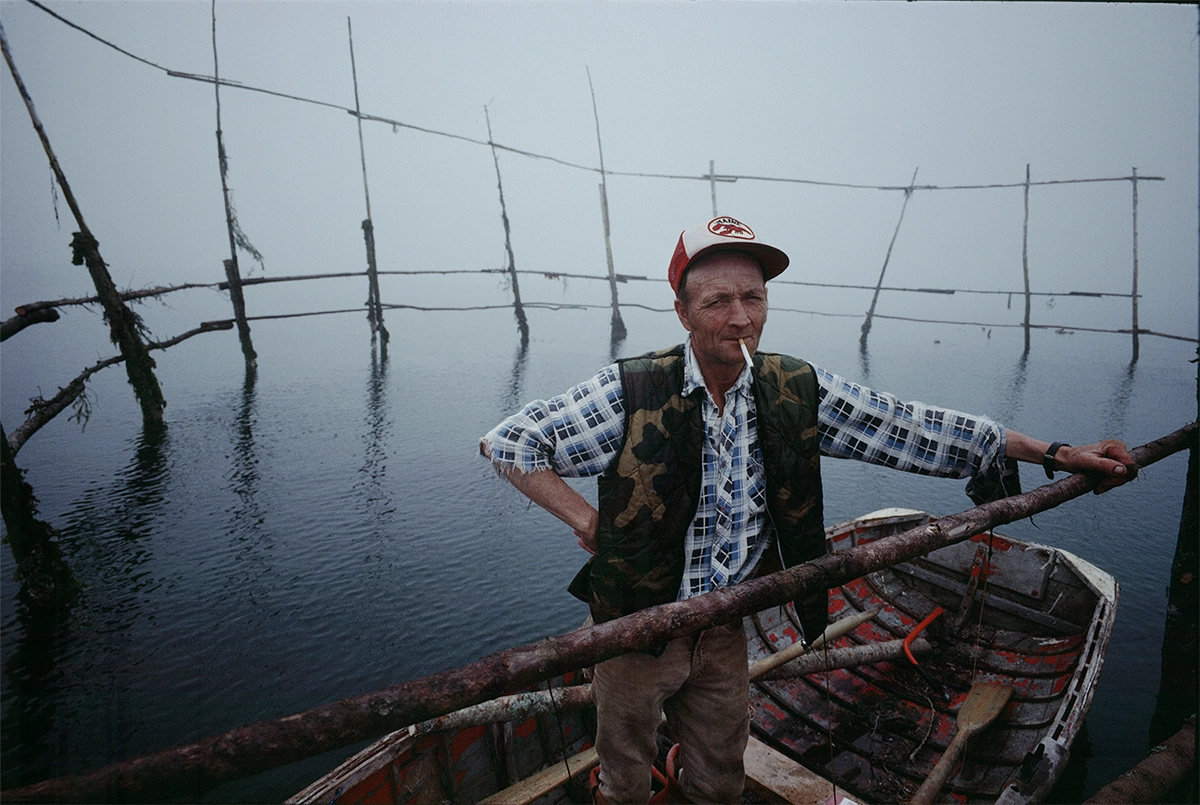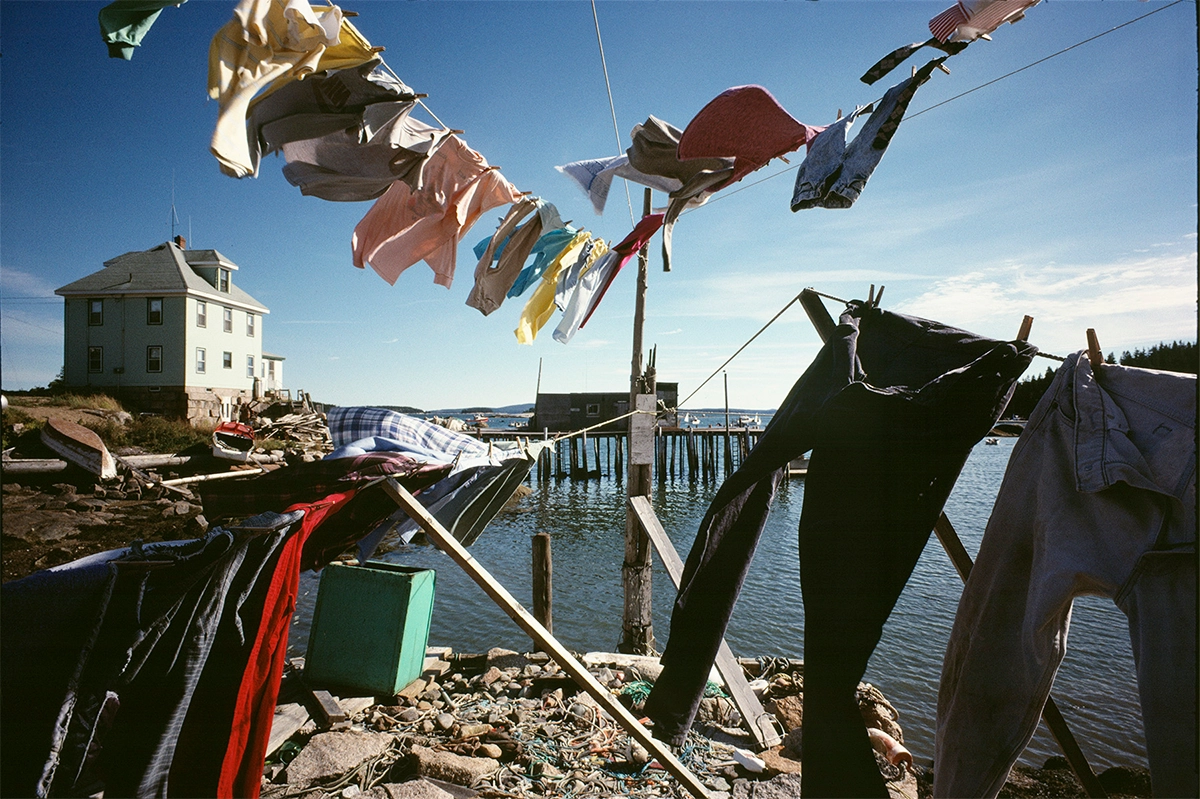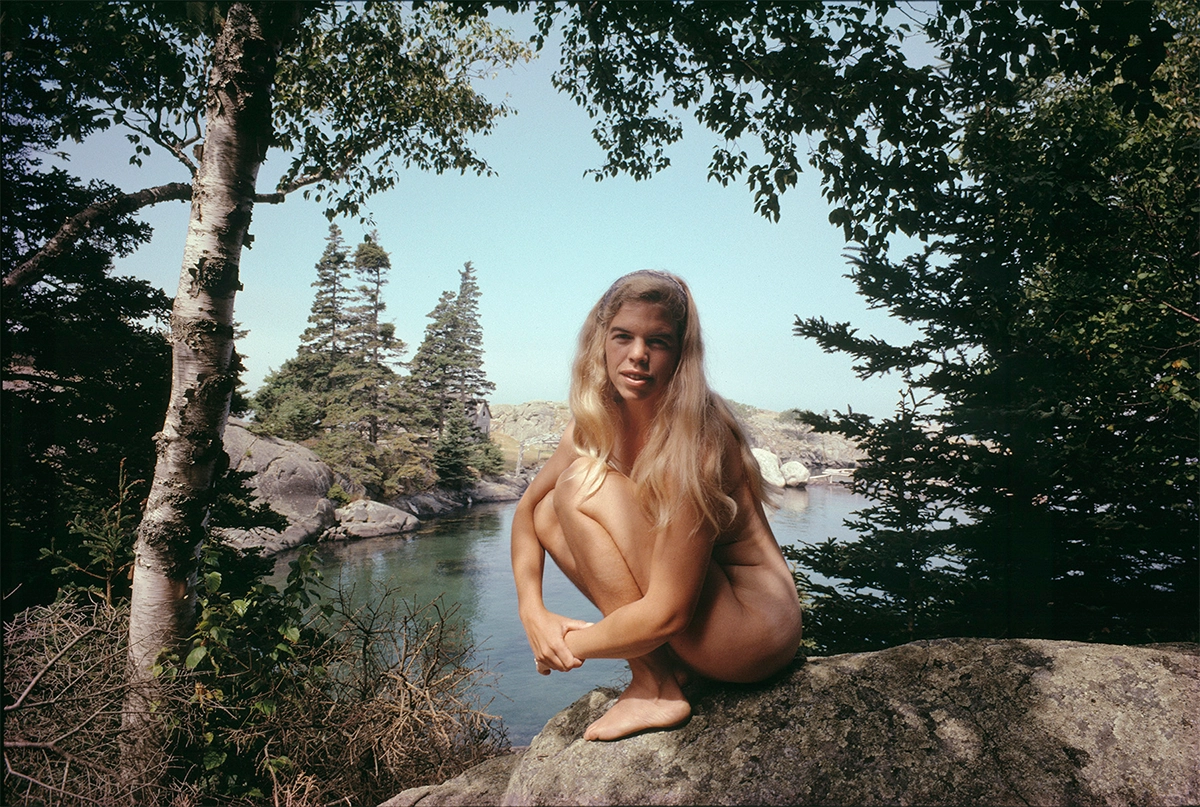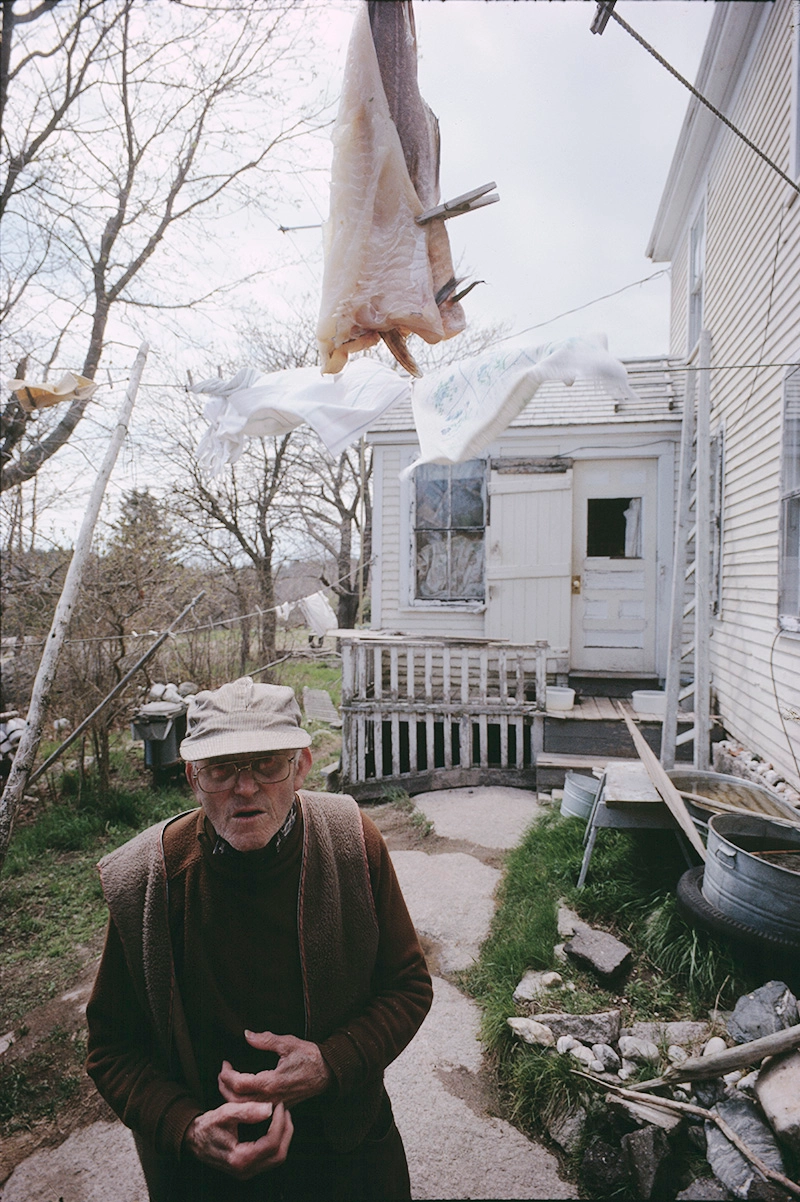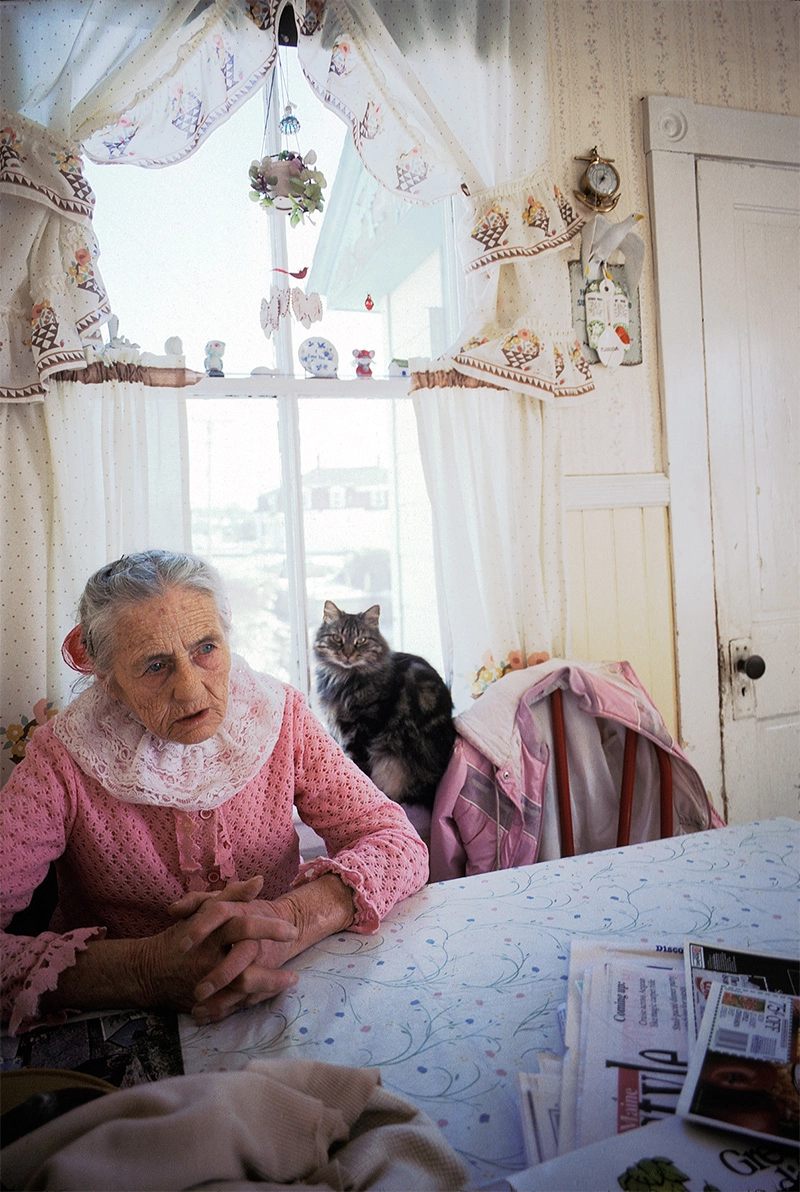Jeff Dworsky dropped out of school at 14, bought a Leica at 15, and moved to a small island in Maine at 16 to become a fisherman.
In his debut monograph, Sealskin, photographs of his life are paced to an old Celtic folktale about a fisherman who discovers a selkie—a mythical creature that can transform from a seal into a human—falls in love, has a family, but must let her go. This tale mirrors Dworsky’s own life, it is a story of desire, the erosion of time, and the inevitability of change. Using Kodachrome film, Dworsky documented his family, daily life, and the fishing community in a small Maine village during the 70-80s, capturing a world that no longer exists.
''Ten years ago I bumped into Jeff Dworsky (literally) at a small coffee shop on an island in Penobscot
Bay. He turned, saw my Leica and said, I used to shoot with a Leica, and that was the beginning of
our friendship.
Jeff embodies my ideal of an artist: someone obsessed with living their life and making pictures as the
byproduct. Each year I'd visit him a few times, talk about cameras, the state of photography, and dig
through his archive (and cardboard boxes) of Kodachrome slides. Getting to know him while seeing
his life through his own eyes.
There was so much mystery and beauty in his photos, especially photos of his wife and young
children. They were his muses. There was a striking sense of mystery in the way he depicted his
wife—planting a garden, birthing a child, walking through foggy fields, or naked at the edge of the
ocean. Seeing her pictured at the edge of the water I couldn’t help but think of the statue of
Kópakonan, the legendary selkie on the island of Kalsoy. Over time, her presence faded from the
images, marking a clear shift in his work. When I asked him about it, his response was direct, My
ex-wife left the island. We stayed.
Mythology and folklore are enduring because the tales they relate are still playing out in every
generation. As a publisher, I am always looking for these threads to connect to. Often artists are
unaware of these overarching themes in their own work, because they are too close to the details of
their own lives. I see it as my job to help artists see what they were making, even if they consciously
were not aware of it.
I began weaving Jeff's photographs from the fishing community, his little island, and his family together
along with a folktale about a selkie who marries a fisherman. Selkie folklore are romantic tragedies,
ending with the Selkie returning to the sea after several years as a wife to a human, leaving behind the
husband and children. Torn between the life she has and the life she had. This folktale embodied not
only the emotional tone of the work I had felt from the first time I saw it, but was eerily similar to Jeff's
own life. His story reminds us that folklore and myths might be more real than we'd like to believe.''
Jesse Lenz, publisher of
Charcoal Press
Jeff Dworsky’s Sealskin is a heartfelt visual narrative that immerses you in the rhythms of life on a remote Maine island during the 1970s and 1980s. Shot on Kodachrome film, the photographs offer more than just glimpses of a fishing community; they weave a story of family, connection, and the relentless passage of time.
Inspired by a Celtic folktale of a fisherman and a selkie, the book echoes themes of love, belonging, and inevitable change. Dworsky’s images—quietly powerful and deeply personal—are steeped in emotion, from tender family moments to the enduring labor of the sea. There’s a raw intimacy in his work that draws you in, making you feel both like a visitor to this world and a part of its history.
For me, the beauty of Sealskin lies in its balance: the personal and universal, the timeless and fleeting. It’s not just a book of photographs; it’s a poignant reflection on what it means to hold on and let go.
Sandrine Hermand-Grisel, Editor-in-Chief, All About Photo
